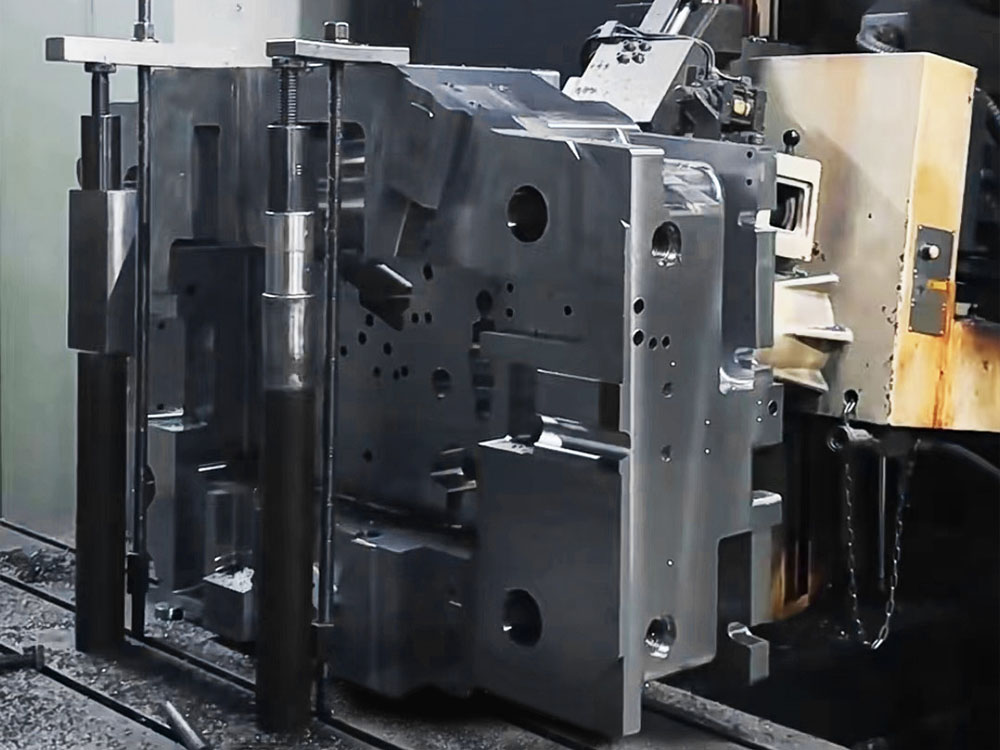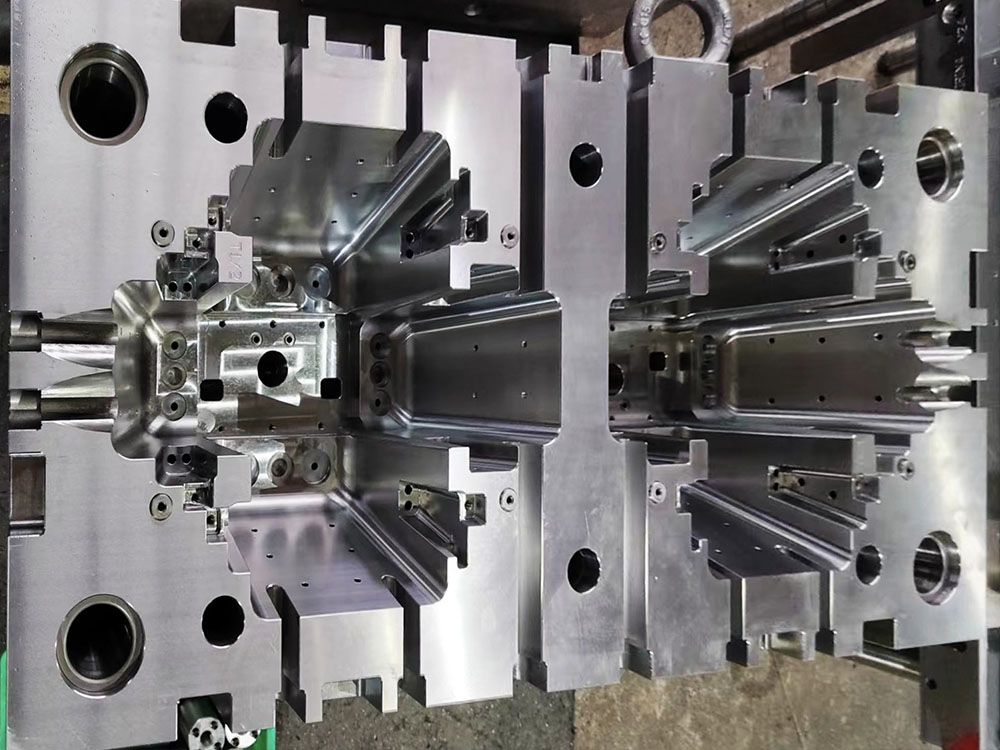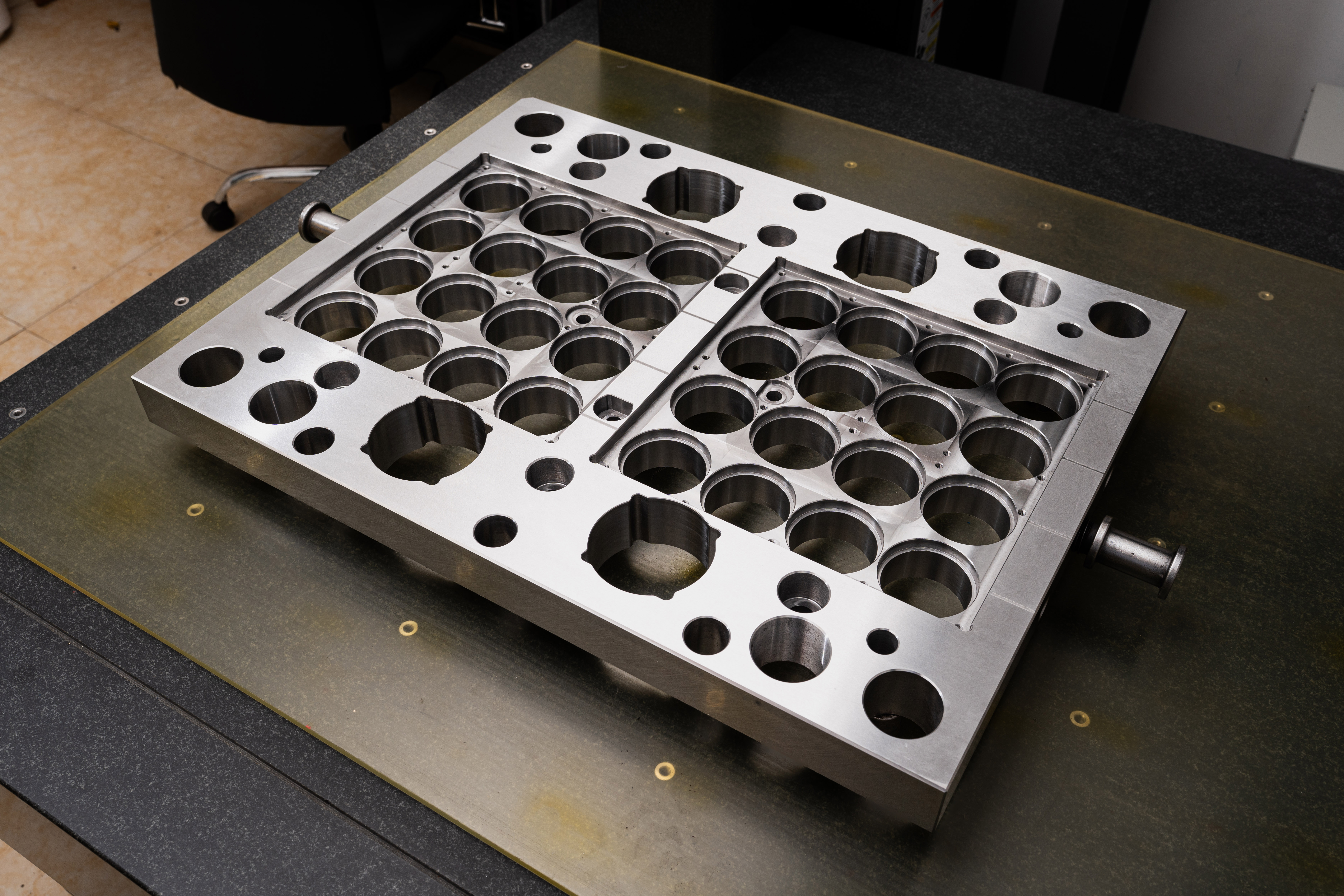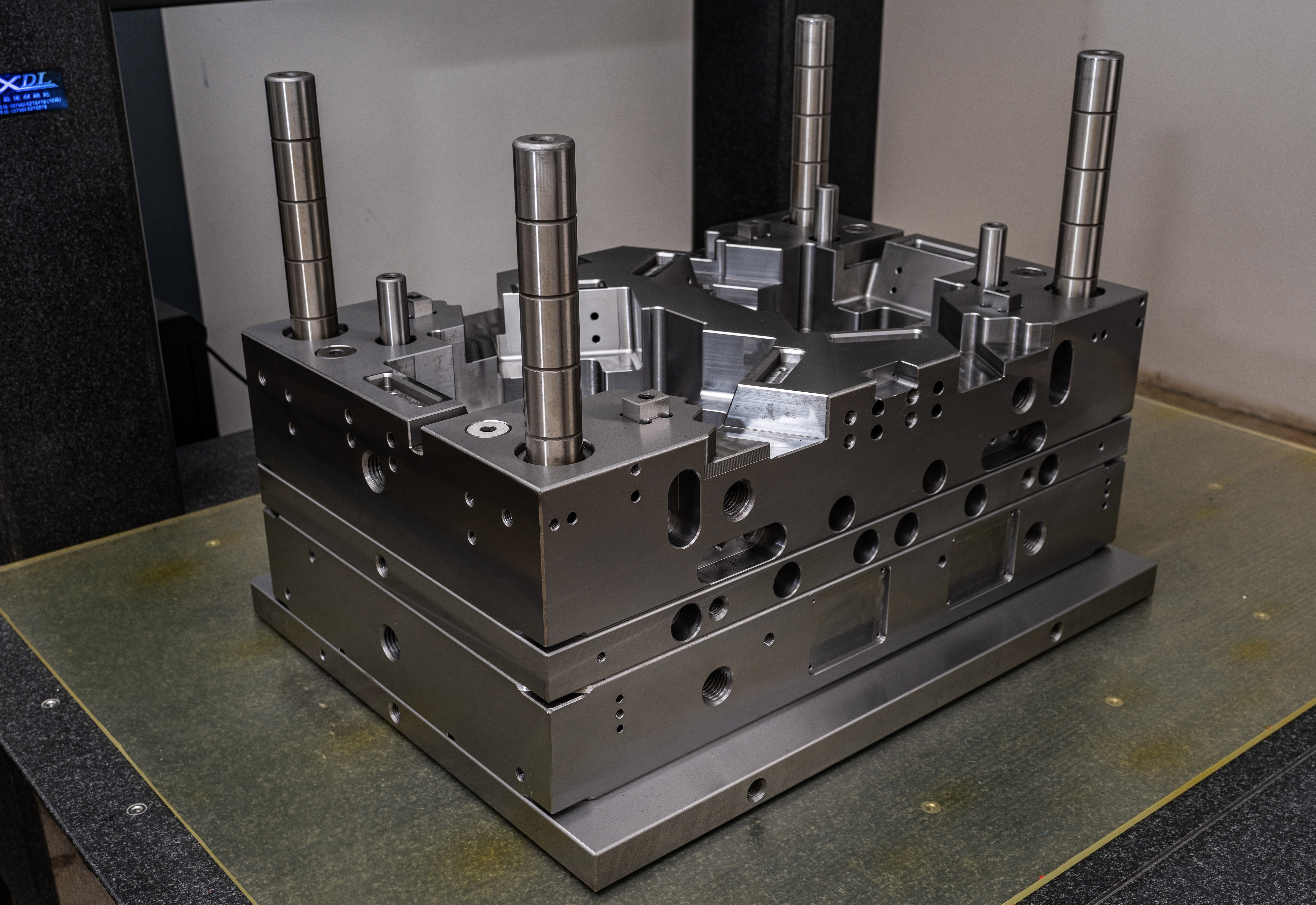Factors to Consider
When choosing materials for plastic mold frames, several factors need to be taken into consideration:
1. Strength and Durability
The primary function of a mold frame is to provide a solid structure that can withstand the pressure and forces exerted during the injection molding process. It is important to choose materials with high strength and durability to ensure the longevity of the mold. Common materials used for mold frames include steel alloys such as P20, S7, and H13.
2. Heat Resistance
Plastic materials are heated to high temperatures during the injection molding process, and the mold frame should be able to withstand these elevated temperatures without deformation or damage. Steel alloys are known for their excellent heat resistance, making them a popular choice for mold frames.
3. Machinability
Mold frames need to be machined accurately to ensure precise mold alignment and part quality. Materials that are easy to machine and provide good dimensional stability are preferred. Steel alloys such as P20 and H13 are machinable and offer good dimensional stability.
4. Corrosion Resistance
Injection molding often involves the use of corrosive materials or additives. Mold frames should be resistant to corrosion to maintain their structural integrity. Stainless steel, such as 420 and 440 grades, are commonly used for their excellent corrosion resistance.
5. Cost-effectiveness
The choice of materials for mold frames should also be cost-effective. While steel alloys are generally more expensive compared to other materials, they offer superior strength, durability, and heat resistance, making them a cost-effective option in the long run.
Types of Mold Frames
Based on the material selection and design, there are different types of mold frames commonly used:
1. Pre-hardened Steel Frames
Pre-hardened steel frames, such as P20 and H13, are commonly used in the mold base industry. These materials provide excellent strength, heat resistance, and machinability. They are readily available in the market and can be used for a wide range of mold applications.
2. Stainless Steel Frames
Stainless steel frames are preferred when corrosion resistance is a concern. Grades like 420 and 440 offer good resistance to corrosive materials and are suitable for applications where cleanliness and hygiene are important.
3. Aluminum Frames
Aluminum frames are lightweight and offer good heat transfer properties. They are commonly used for low-volume or prototype molds. However, they are not as strong or durable as steel alloys and may not be suitable for high-volume production molds.
Conclusion
选择合适的塑料模具框架材料对于模具基座行业至关重要。模具框架作为模具的基础,需要在注塑过程中提供支撑和稳定性。选择模具框架材料需要考虑诸多因素,包括耐久性、耐热性、成本效益和加工性等。常用的模具框架材料包括P20、S7和H13等钢合金,它们具有高强度、耐用性、耐热性和可加工性。不同类型的模具框架材料适用于不同的应用场景,如预硬化钢框架、不锈钢框架和铝框架。综合考虑这些因素,选择合适的模具框架材料是确保模具长期稳定运行和制造高质量产品的关键决策。




